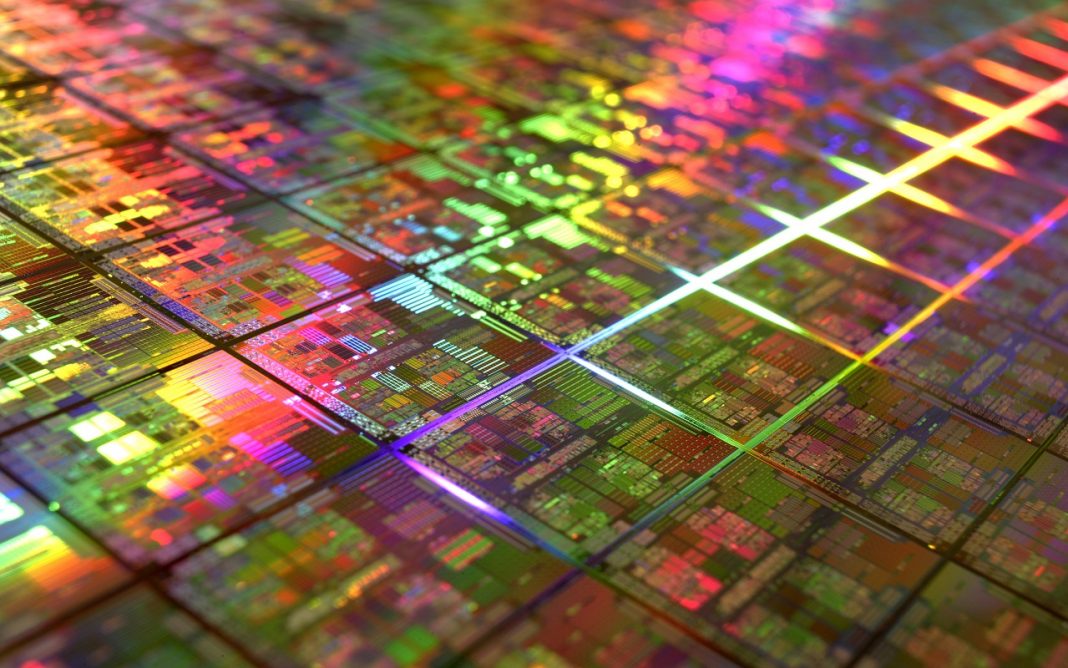Silicon is so heavily depended upon in modern computing, Silicon Valley, the center of the computing world, is named for it. But lately, it has become more and harder to make processors faster or seek out improved performances from the material.
As a result, researchers have been searching for the next material that can take its place.
Recent findings from the University of Denver and physicist Barry Zinc suggests that yttrium garnet and spin electronics, aka spintronics, could be just what computer technology needs.
Currently inside most computers are very small circuits built from crystal silicon. Computers can store and transmit information because electrons move through these silicon circuits. Each successive computer model is better than the one before because developers work to find a way to make components smaller and smaller so that more can fit on the silicon microchips. However, this method has run its course, and the power of silicon is reaching its end.
One reason silicon components can no longer be improved upon is that moving electrons in a typical manner creates a significant amount of heat which forces processing speeds to be limited. Spintronics avoids this issue by relying on the natural magnetism of the electrons, allowing them to move around without raising the temperature.
While the technology for spintronic components have existed for some time and is included in some hard drives, the building of the precise structure required for operation is pricey and challenging.
However, the experiments of Zink’s team have shown that even a disorganized structure can maintain spin transfer. “It’s really exciting,” he said. “At the atomic level, it means we don’t have to come up with materials in which the atoms are perfectly stacked in little rows.”
Combine this discovery with the fact that yttrium iron garnet, a synthetically lab grown material, is cheaper to produce than silicon crystals and the team’s findings, published in the journal Nature Physics, are especially notable, even in its early form.
“We’ll get better and faster computers, for sure,” he said. “Phones too… Make the processors better and faster; you make the phones better and faster.”
A lot of research into **spintronics and the materials that support it is happening right now all over the world. Yttrium iron garnet is the buzz material at the moment, but graphene and gallium nitride are both contenders as well. Gallium nitride has the benefit of supporting traditional computing methods and would not need the kinks of spintronics to be ironed out in order to replace silicon.
At the same time, spintronics might not be the next upgrade in computing when other advanced technologies, like quantum computing, organic biochips, and carbon nanotubes, are all being investigated too.
And still, silicon may surprise us with a trick or two yet.
Overall, it’s a fascinating time to be materials researcher with so many options to explore and no clear front runner for the next material worthy of its valley.
**Spintronics (a portmanteau meaning spin transport electronics), also known as spin-electronics or fluxtronics, is the study of the intrinsic spin of the electron and its associated magnetic moment, in addition to its fundamental electronic charge, in solid-state devices. Wikipedia
More News to Read











